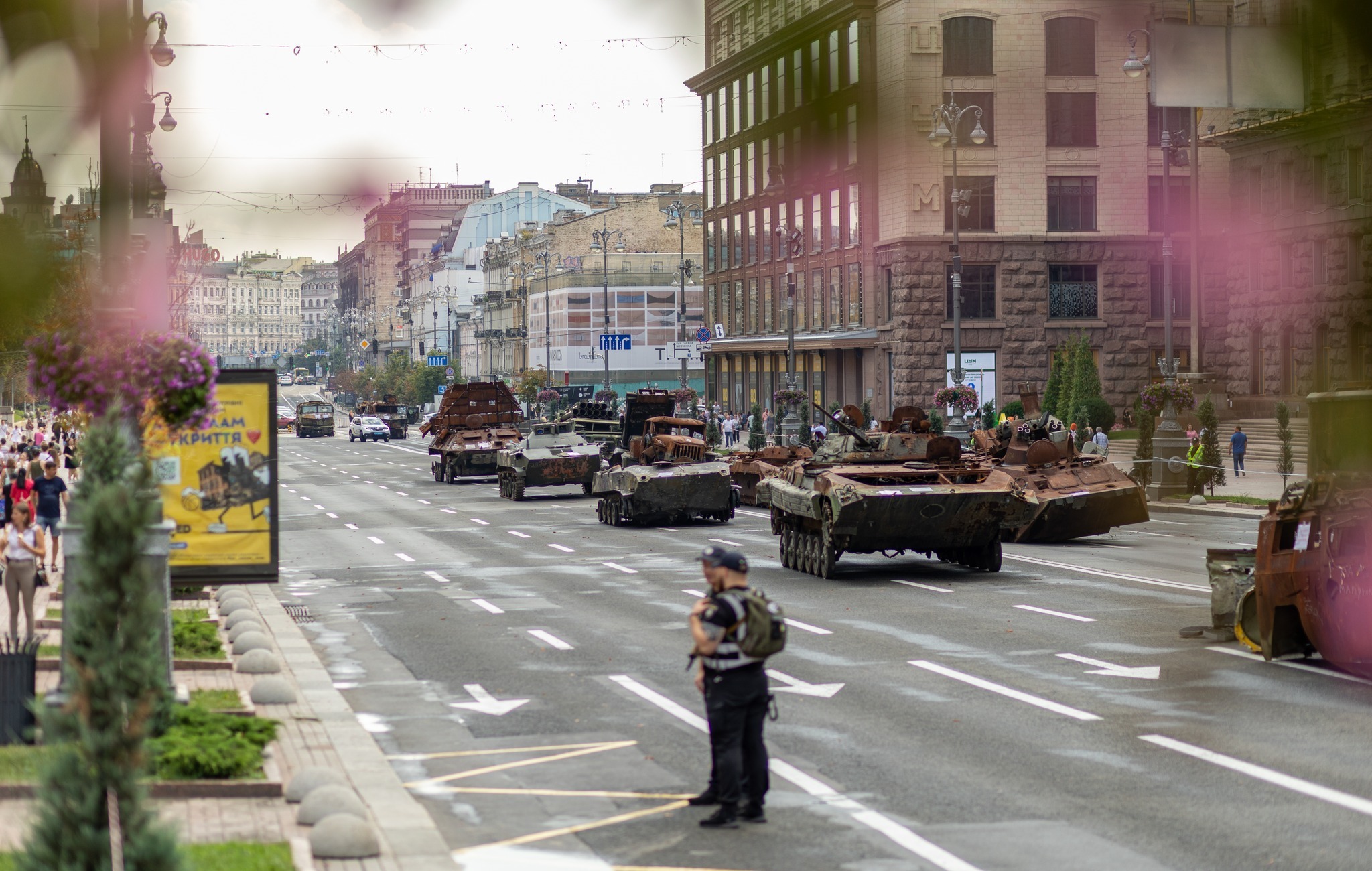



Since Russia's invasion of Ukraine in early 2022, proponents of U.S. involvement have justified military aid with claims of domestic economic benefits. Key figures, including Marc Thiessen from the American Enterprise Institute and members of the Biden administration, have likened military spending to Keynesian economics, suggesting that it stimulates economic growth [29cc12fb]. However, this perspective has faced significant criticism as flawed, especially in light of the U.S. facing trillion-dollar deficits and rising inflation risks [29cc12fb]. The costs of military supplies, such as Javelin missiles priced at $197,884 each, artillery rounds at $3,000 each, and Patriot missiles costing around $4 million each, further highlight the financial burden of military expenditures [29cc12fb].
The critique of military spending aligns with broader economic arguments that question the efficacy of government expenditures in driving growth. Economists at Goldman Sachs have faced backlash for their analysis suggesting that government spending is not additive to growth but rather a cost that hinders economic progress [dcbfd6cf]. The article argues that if the federal government consumed less wealth annually, the U.S. economy could be larger and more dynamic [dcbfd6cf]. This perspective emphasizes the opportunity costs associated with military spending, echoing Dwight Eisenhower's 1963 quote that underscores the trade-offs involved in diverting funds from domestic needs to military endeavors [29cc12fb].
Critics argue that the notion of military Keynesianism does not equate to wealth generation for Americans. Instead, it often leads to a misallocation of resources that could otherwise be invested in critical domestic programs such as housing, education, and public health [29cc12fb]. The article highlights that the economic activity that could have occurred if resources were not allocated to war efforts is often overlooked, challenging the popular belief that military spending boosts consumption and economic activity [c46c0de7].
Moreover, the article discusses how military spending does not necessarily benefit the economy. Every dollar spent on defense is a dollar not spent on other public services, which can exacerbate inequality in the long run [12f6e97d]. The overall effect of arms sales on the economy is low, and the defense sector remains relatively small within the overall economy [12f6e97d]. The belief that military spending is a driver of economic growth is further challenged by the argument that it leads to increased budget deficits and national debt, ultimately limiting investment and consumption [12f6e97d].
Willie Mays, the legendary baseball player, serves as a poignant example of the economic impact of war. Mays believed that his military service during the Korean War deprived him of the opportunity to achieve significant milestones in his baseball career, illustrating the unseen economic activity lost due to military commitments [c46c0de7]. His story rebukes the notion that war stimulates economic growth, emphasizing that military service often removes individuals from productive work and their most specialized pursuits, further hindering economic progress [c46c0de7].
In conclusion, the narrative surrounding military spending, particularly in relation to the Ukraine conflict, raises critical questions about its true economic impact on Americans. While proponents argue for its benefits, the evidence suggests that the costs—both financial and social—may outweigh any perceived advantages, necessitating a reevaluation of U.S. priorities in military and domestic spending [29cc12fb].